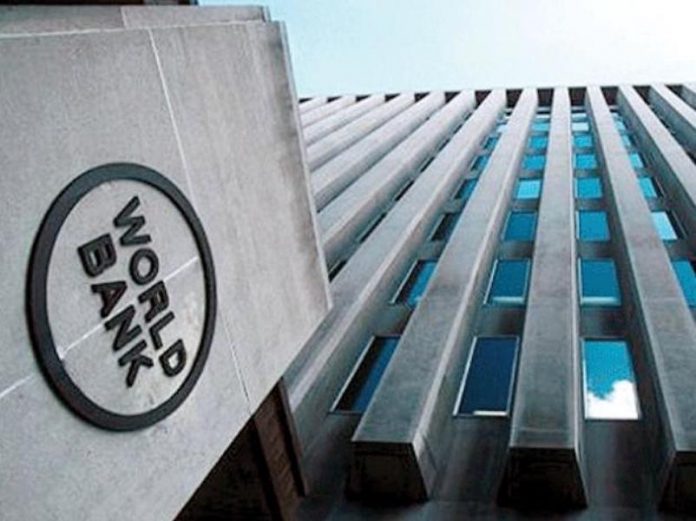The World Bank has projected that Nigeria’s inflation rate will decrease to approximately 24.8% this year and drop to 15.1% by 2026. This estimation is based on expectations of Nigeria’s monetary policy tightening and exchange rate stabilization.
In its recent publication, “African Pulse,” the World Bank outlined the factors influencing African economies in 2024 and beyond, highlighting that reforms will drive growth in Nigeria.
The global institution emphasized that the non-oil sector’s growth will be sluggish unless significant structural reforms are implemented.
According to the report, “Nigeria’s growth is forecasted at 3.3% in 2024 and 3.6% in 2025–26 as macroeconomic and fiscal reforms gradually yield results. Structural reforms will be essential to stimulate higher growth. Despite this, average inflation is expected to remain at 24.8% in 2024, gradually easing to 15.1% by 2026 due to monetary policy tightening and exchange rate stabilization.”
The report highlighted that Nigeria’s growth projections are comparatively low compared to those of its peers across West and Central Africa.
Causes of Inflation in SSA
Additionally, the World Bank pointed out that elevated food prices and local currency depreciation are significant drivers of inflation in Sub-Saharan Africa (SSA), with a third of the region’s countries experiencing double-digit food inflation.
The institution attributed the high food inflation in SSA to adverse climatic conditions such as El Niño weather patterns, flooding, and geopolitical tensions in the Middle East and Europe.
Insights
According to the National Bureau of Statistics (NBS), Nigeria’s inflation rate reached 31.70% in February 2024, with food inflation at 37.92%—marking a 27-year high. The country’s inflation rate has been on the rise since January 2023.
Analysts have indicated that Nigeria’s inflation is primarily driven by escalating food prices, particularly staple foods like grains, exacerbated by insecurity, increased energy costs, and transportation expenses.
However, the Central Bank of Nigeria (CBN) has attributed increased money supply and naira depreciation to Nigeria’s elevated inflation rate. To address this, the CBN has implemented various monetary policy tools, including raising banks’ Cash Reserve Ratio (CRR) to 45% from 32.5% in February 2024—a measure aimed at reducing excess cash circulation.
In 2024, Nigeria’s apex bank raised the Monetary Policy Rate (MPR) by 600 basis points to 75%, with the sole objective of curbing inflation.


